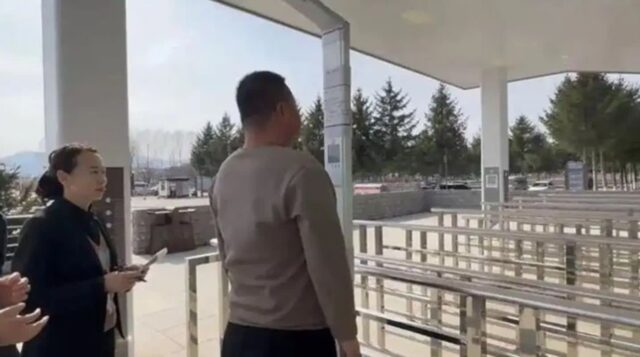
China is reviewing “socialist-style” measures to overcome its real estate market crisis. Government authorities are predicted to intervene directly in the house rentals and sales market.
According to the Wall Street Journal (WSJ), Chinese President Xi Jinping wants to entrust the state’s responsibility of reviving the real estate market. WSJ evaluates this as the revival of socialist ideology against the privatization of real estate.
It is interpreted similarly to China recently strengthening its control over the private economic sector. China has strengthened regulations centered around large tech companies such as Alibaba over the past few years. These attempts are linked to the policy of shared prosperity, which President Xi has emphasized.
WSJ reported that although the Chinese authorities have not officially confirmed it, China is considering a plan to increase the government’s current housing inventory of low-cost rentals and sales through state-owned enterprises from 5% to at least 30%. Vice Premier He Lifeng, who is close to President Xi, is leading the practical implementation of these socialist solutions.
The issue is securing funds. The key issue is securing a total of $1.4 trillion (about 1,863 trillion won) in funds at a rate of $280 billion (about 373 trillion won) per year for the next five years. Many prospects securing funds will not be easy as the governments of 31 provinces, cities, and autonomous regions in China are struggling with debt problems.
The Chinese Ministry of Finance announced that the current debt balance of local governments was 40.7373 trillion yuan (about 7,539 trillion won) at the end of last year. WSJ reported that “hidden debt,” not officially counted by China, is estimated to be between $7 trillion and $11 trillion.
Moreover, such a policy is met with backlash from both inside and outside China. As the real estate crisis leads to massive asset losses, urban residents in China are worried that house prices will fall further if the government’s market intervention intensifies. Chinese authorities must also care about the public sentiment. There is also an observation that it could urge foreign companies to exit China. Professor Chen Zhiwu of the University of Hong Kong said, “It is similar to China forming a ‘national fund team’ and buying stocks to support the sluggish stock market,” and pointed out, “Considering the oversupply of housing in China, it is like buying poor real estate with government funds.”










Most Commented